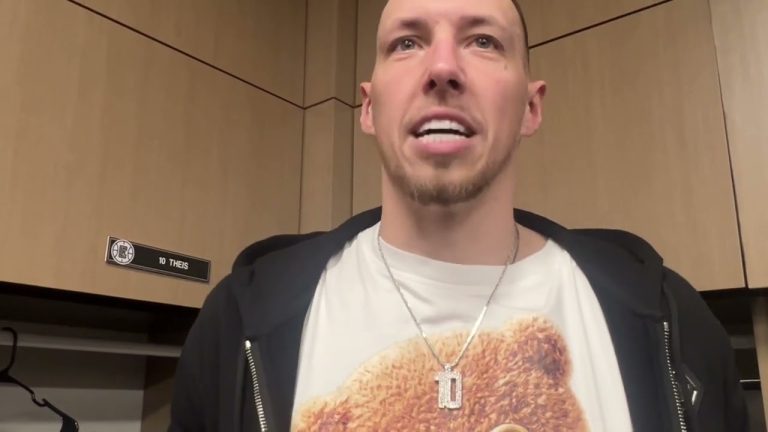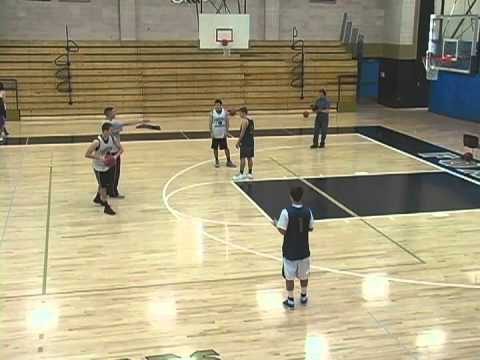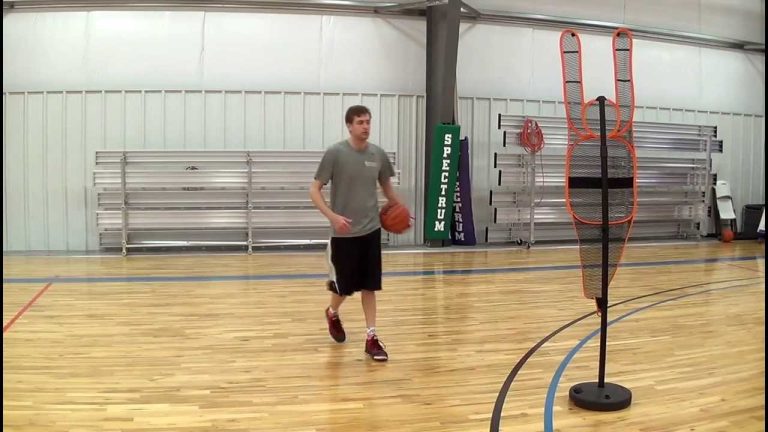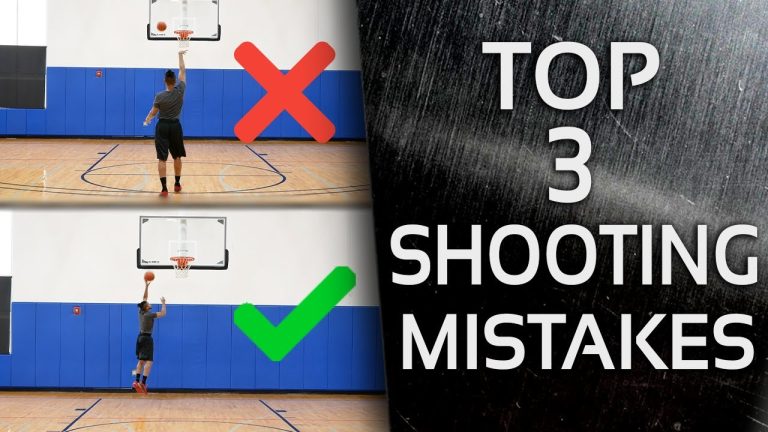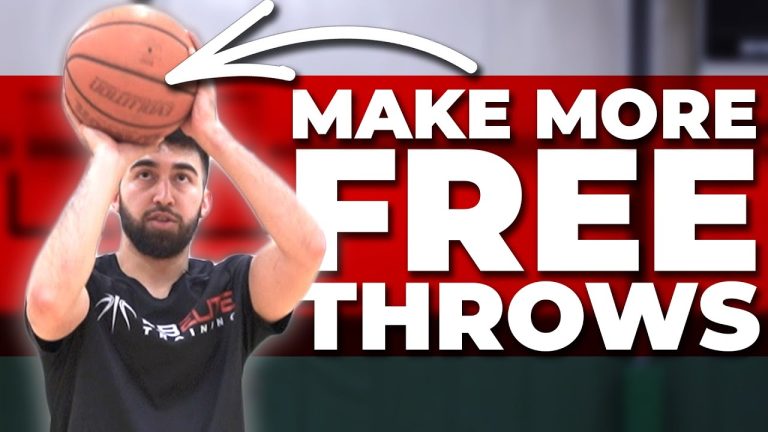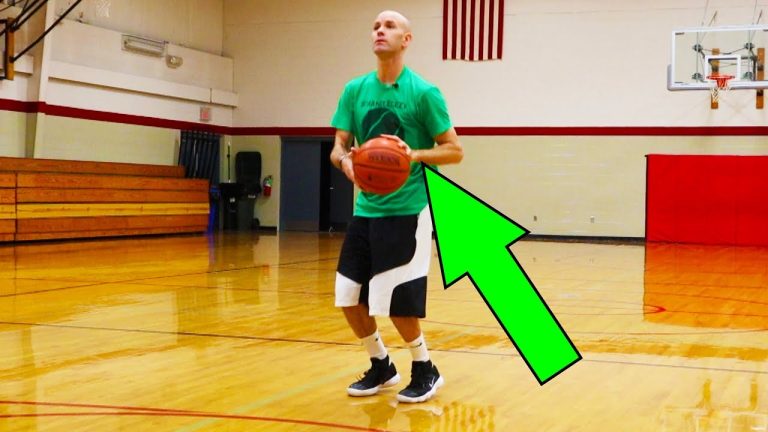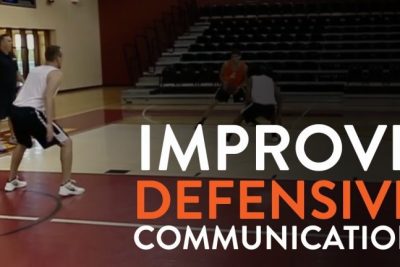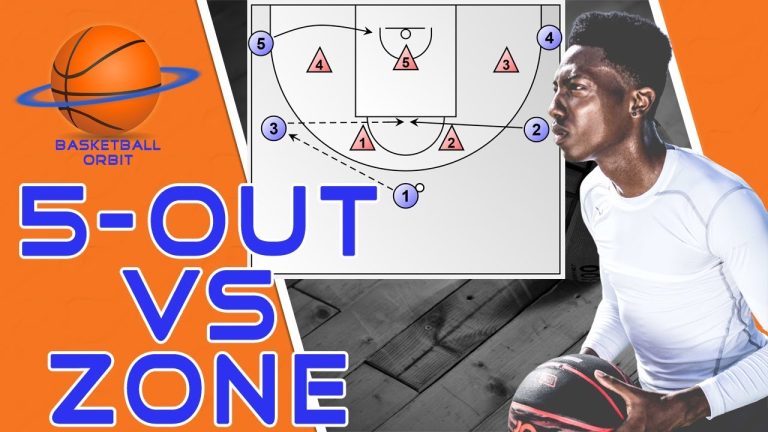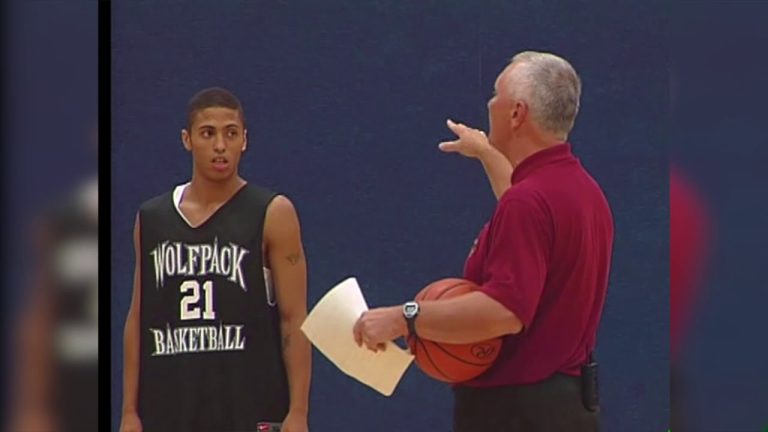In the fast-paced world of sports, effective communication on defense is the key to success. Whether it’s a basketball team executing seamless switches or a soccer team coordinating their defensive line, clear and concise communication can make all the difference. This article explores the importance of communication on defense, highlighting how it can enhance teamwork, minimize errors, and ultimately lead to victory. From hand signals to verbal cues, we delve into the strategies and techniques that teams employ to ensure everyone is on the same page when it comes to defending their turf. Get ready to discover how effective communication can transform a good defense into a championship-winning one.
How can communication be carried out on defense?
Effective communication is crucial on defense, and to achieve this, it is essential to provide your teammate with early, loud, and continuous information. Merely shouting “Screen! Screen! Screen!” is not sufficient. Instead, you must ensure that you convey as much information as possible, promptly and clearly, to keep your team informed and coordinated in their defensive efforts.
What does the term defensive communication mean?
Defensive communication refers to a reactive behavior exhibited by individuals when they perceive a flaw within themselves or perceive a threat from external sources within relationships, work environments, or social groups. This defensive response often manifests in a variety of communicative behaviors, such as denial, blame-shifting, or aggressive counterattacks. By understanding defensive communication, we can identify and address the underlying issues that lead to defensive reactions, fostering healthier and more effective communication dynamics within various settings.
How can communication be effectively taught in basketball?
In the realm of basketball, effective communication is key to success on the court. To cultivate this skill, incorporating defensive drills is crucial. Encourage players to vocalize important cues such as “I got ball,” “skip pass,” and “I got help” during these drills. By consistently emphasizing the importance of communication and enforcing it in every single exercise, players will develop a strong foundation for effective teamwork and coordination.
In the realm of basketball, communication is the lifeblood of a successful team. To instill this vital skill, it is essential to create opportunities for players to voice their thoughts on the court. Incorporating defensive drills that require players to shout out important cues like “I got ball,” “skip pass,” and “I got help” is a powerful way to foster effective communication. By making it a point of emphasis and enforcing it consistently throughout every drill, players will develop the necessary skills to work together harmoniously and achieve victory.
Powerful Techniques to Shield Yourself: Mastering Defensive Communication
In a world filled with constant communication, mastering the art of defensive communication has become more crucial than ever before. By adopting powerful techniques, you can shield yourself from misunderstandings, confrontations, and unnecessary conflicts. One effective strategy is to practice active listening, where you fully engage with the speaker and focus on understanding their perspective. This allows you to respond thoughtfully, demonstrating empathy and diffusing potential tensions. Additionally, employing assertive communication techniques can help you express your thoughts and opinions clearly and confidently, while still respecting the boundaries of others. By mastering defensive communication, you can navigate any conversation with grace and ensure your message is heard without compromising your own well-being.
In today’s fast-paced world, effective communication skills are not only desirable but essential for navigating through various personal and professional situations. To shield yourself from the negative consequences of miscommunication, it is crucial to master defensive communication techniques. One fundamental approach is to cultivate self-awareness by recognizing your own triggers and emotional responses. By understanding your emotions, you can regulate them and respond in a calm and composed manner, even in challenging situations. Additionally, learning how to set clear boundaries and assertively communicate them can protect your well-being and prevent others from crossing the line. By harnessing the power of defensive communication, you can build stronger connections, resolve conflicts amicably, and thrive in all aspects of your life.
Unlocking the Art of Strong Defense: Strategies for Effective Communication
Unlocking the Art of Strong Defense: Strategies for Effective Communication requires a careful balance between assertiveness and empathy. To build a solid defense, one must first listen attentively to the opposing side’s arguments, acknowledging their perspective and concerns. The next step is to clarify one’s own position concisely and confidently, using compelling evidence to support it. However, it is crucial to remain respectful and open-minded throughout the conversation, fostering a collaborative atmosphere that encourages constructive dialogue. By employing these strategies, individuals can unlock the power of effective communication, transforming potential conflicts into opportunities for growth and understanding.
Communicate with Confidence: Mastering Defensive Strategies for Success
Communicate with Confidence: Mastering Defensive Strategies for Success
In today’s fast-paced and competitive world, effective communication is essential for achieving success. However, mastering defensive strategies can give you the confidence you need to navigate any challenging situation. By learning to respond calmly and assertively, you can diffuse conflicts and build stronger relationships. With practice, you can become a master of communication, ready to tackle any obstacle that comes your way.
One key defensive strategy is active listening. By truly hearing what others are saying, you can respond in a thoughtful and empathetic manner. This not only shows respect for the speaker, but also helps to prevent misunderstandings. Additionally, active listening allows you to gather valuable information and gain insights into other perspectives. By practicing this strategy, you can enhance your communication skills and build stronger connections with those around you.
Another effective defensive strategy is remaining composed in challenging situations. When faced with criticism or confrontation, it is natural to feel defensive. However, by maintaining your composure and responding calmly, you can diffuse tension and find a resolution. This demonstrates your ability to handle difficult conversations with grace and professionalism. Mastering this strategy allows you to communicate confidently, even in high-pressure scenarios, ultimately leading to greater success in both your personal and professional life.
In conclusion, mastering defensive strategies is crucial for effective communication and overall success. By practicing active listening and remaining composed, you can navigate challenging situations with confidence and poise. These strategies enable you to build stronger relationships, diffuse conflicts, and gain valuable insights. With these tools in your arsenal, you can communicate with confidence and achieve success in any endeavor.
Defensive Communication Demystified: Expert Strategies for Effective Defense
Defensive Communication Demystified: Expert Strategies for Effective Defense
In a world where communication can often lead to misunderstandings and conflicts, mastering the art of defensive communication is crucial for effective defense. By implementing expert strategies, individuals can navigate difficult conversations with finesse and ensure their message is received as intended. From active listening and empathy to assertiveness and clarity, these strategies provide a solid foundation for building stronger relationships and resolving conflicts in a constructive manner.
Effective defense starts with active listening and empathizing with the other person’s perspective. By truly understanding their point of view, individuals can respond in a manner that addresses their concerns and fosters mutual understanding. Moreover, assertiveness plays a key role in defensive communication, allowing individuals to express their needs and boundaries without being aggressive or passive. By striking the right balance, one can maintain their integrity while avoiding unnecessary conflicts. Clear and concise communication is also essential in defensive strategies, ensuring that messages are delivered accurately and understood by all parties involved. By employing these expert strategies, individuals can enhance their defensive communication skills and navigate challenging conversations with confidence and poise.
In today’s fast-paced world, effective communication plays a pivotal role in the success of any defense strategy. By fostering clear and concise communication channels, defense organizations can ensure seamless coordination, swift decision-making, and enhanced operational efficiency. Whether it is sharing critical intelligence, coordinating complex maneuvers, or disseminating vital information, strong communication systems are the backbone of a strong defense. As technology continues to evolve, it is imperative for defense entities to adapt and harness the power of communication to stay ahead of emerging threats. With effective communication at its core, a robust defense strategy can be built, enabling nations to protect their interests and safeguard global security.
